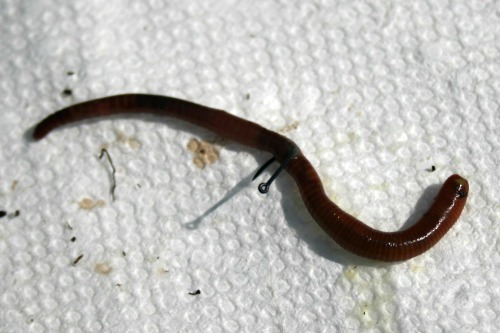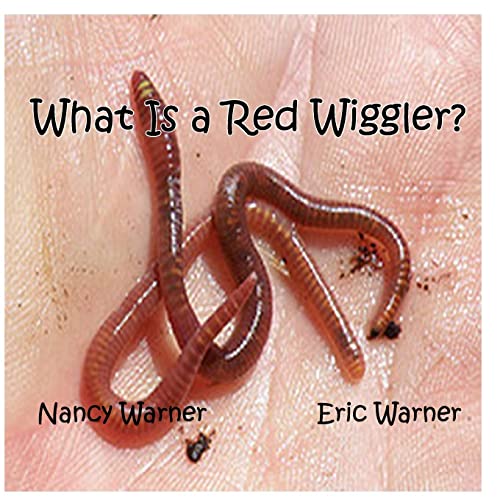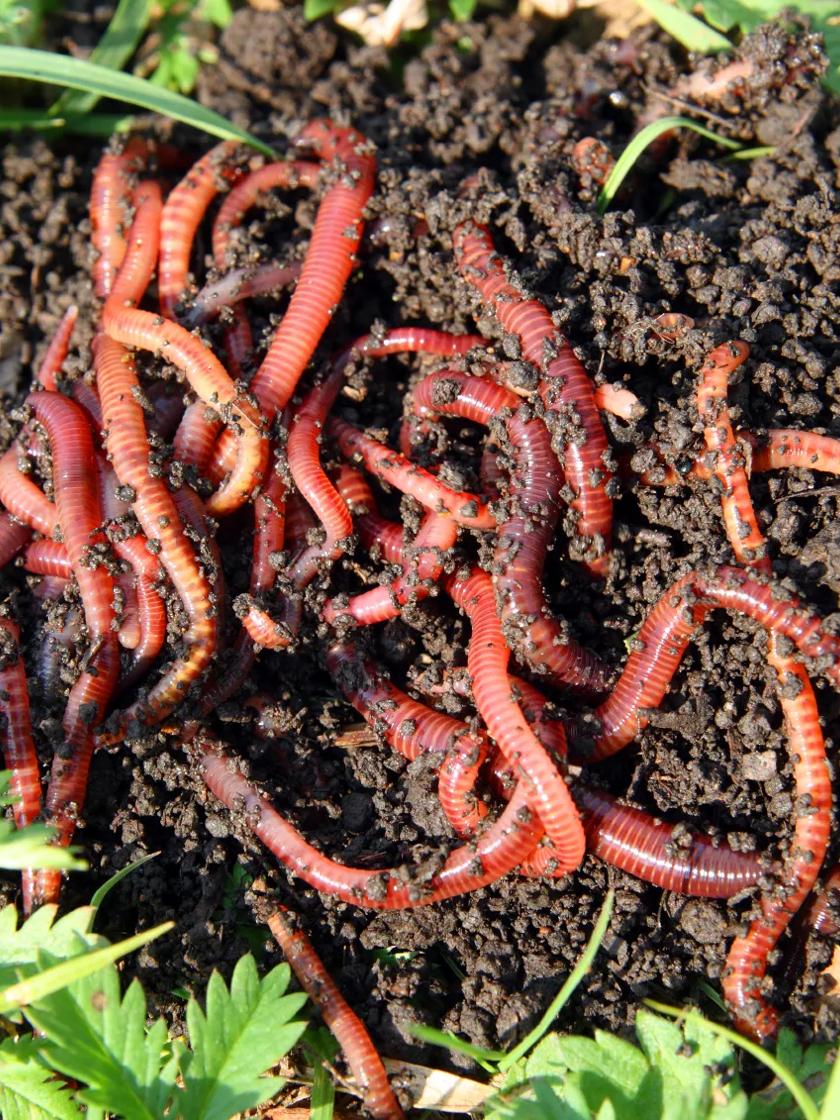Open the Keys of Red Wigglers: Your Overview to Composting Success
The assimilation of red wigglers right into composting practices presents a significant possibility for improving soil health and promoting sustainability. Recognizing their demands and habits is vital for enhancing their potential, from setting up an appropriate worm container to feeding them the ideal materials.

What Are Red Wigglers?
Indigenous to North America, they are usually discovered in decomposing leaves and garden compost stacks, where they play a crucial function in nutrient recycling. Their adaptation to residing in a wet, cardiovascular setting enables them to take in huge amounts of organic waste, simplifying into nutrient-rich castings that boost soil health and wellness.
Red wigglers replicate swiftly, with a solitary worm capable of producing several cocoons each week, each including several hatchlings. Comprehending the biology and habits of red wigglers is necessary for optimizing their possibility in composting applications.
Advantages of Making Use Of Red Wigglers
Utilizing the power of red wigglers in composting provides various benefits that enhance soil health and promote sustainable waste management. These remarkable organisms successfully damage down raw material, changing cooking area scraps and backyard waste right into nutrient-rich vermicompost. This completed item is incredibly beneficial for plant growth, as it boosts dirt framework, boosts wetness retention, and improves nutrition accessibility.

Establishing Your Worm Container
Creating a reliable worm bin is a straightforward procedure that can considerably boost your composting efforts. The very first step is choosing a suitable container. Worm containers can be made from plastic storage space bins, wood boxes, or commercially offered worm containers. Make sure the container has appropriate drain and ventilation holes to keep optimal wetness degrees and air flow.
Following, prepare the bed linens material, which acts as the worms' environment. A mix of shredded paper, cardboard, and coconut coir works well, supplying a comfy environment for the worms. Goal for a bed linen depth of about 4-6 inches. Dampen the bedding lightly, ensuring it looks like a wet sponge without excess water merging near the bottom.

Feeding Your Red Wigglers
To guarantee the health and performance of your red wigglers, it is necessary to give them with a well balanced diet regimen that satisfies their nutritional demands. Red wigglers prosper on a diverse array of natural materials, which not only provide needed nutrients yet additionally advertise effective composting.
Begin by integrating kitchen scraps such as veggie peels, fruit cores, and coffee premises. Stay clear of citrus fruits, onions, and garlic, as these can be harmful to worm health. In addition, present shredded paper, cardboard, and completely dry fallen leaves to produce a well-aerated environment.
Feeding regularity need to be kept track of; typically, worms can consume half their body weight in food weekly. It is important to stay clear of overfeeding, as excess food can result in undesirable odors and draw in pests. A great method is to include food in percentages, permitting worms to process it prior to introducing extra.
Preserving wetness levels is additionally vital; the bed linen should be moist but not soaked. Be sure to frequently inspect the temperature level and pH levels of the container to ensure an optimum atmosphere for your red wigglers, ultimately enhancing their composting efficiency.
Harvesting and Using Compost
An effective composting process with red wigglers finishes in the abundant, dark garden compost recognized as vermicompost, which can dramatically enhance dirt health and plant growth. Harvesting this nutrient-dense material normally happens every three to 6 months, relying on the dimension of your system and the quantity of organic matter being processed.
To collect, delicately different the my review here compost from the worms and any undecomposed materials. One effective method involves moving the contents of the container to one side and including fresh bed linens and food to the void, urging the worms to move. After a couple of days, the garden compost can be gathered from the contrary side.
It is vital to make use of vermicompost appropriately to optimize its advantages. By including vermicompost right into your gardening regimen, you not just recycle organic waste but additionally develop a successful community that supports lasting horticulture methods.
Conclusion
In summary, red wigglers offer as extraordinary allies in composting initiatives, changing organic waste right into nutrient-rich vermicompost. By recognizing the optimal problems for their environment, feeding needs, and compost harvesting strategies, garden enthusiasts can enhance dirt wellness and advertise plant vigor.
Comments on “Red Wiggler Express: High-Quality Worms Delivered Conveniently”